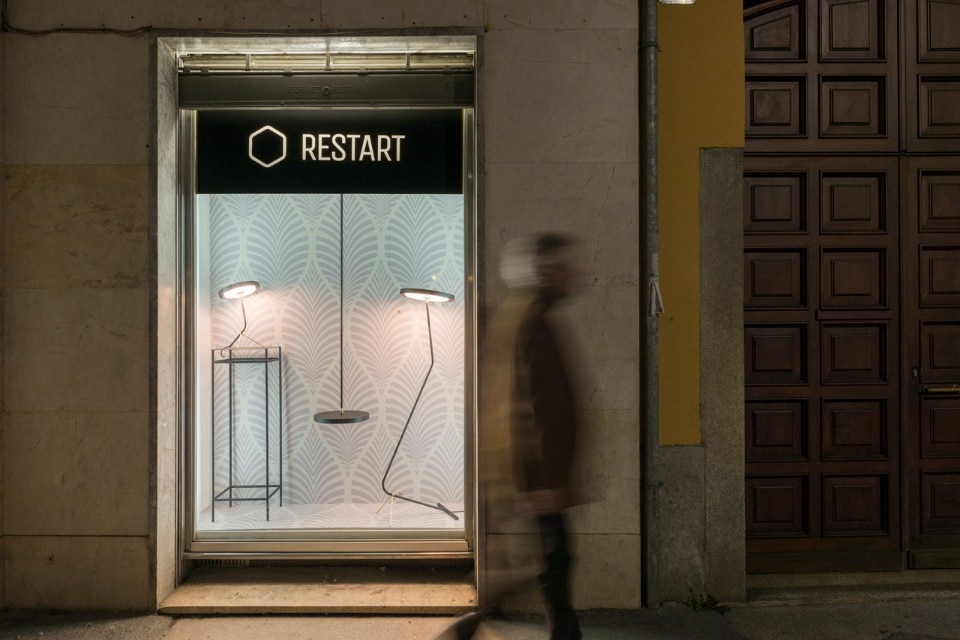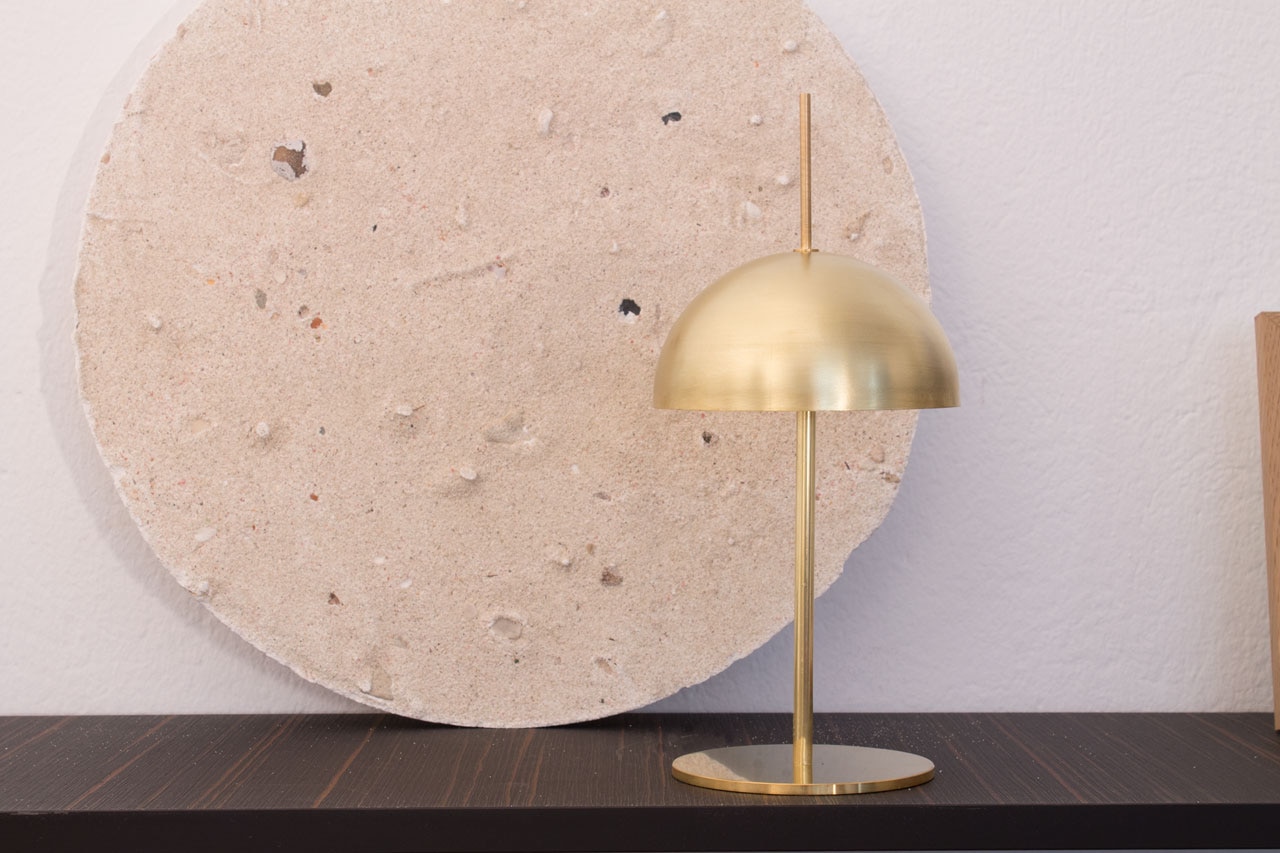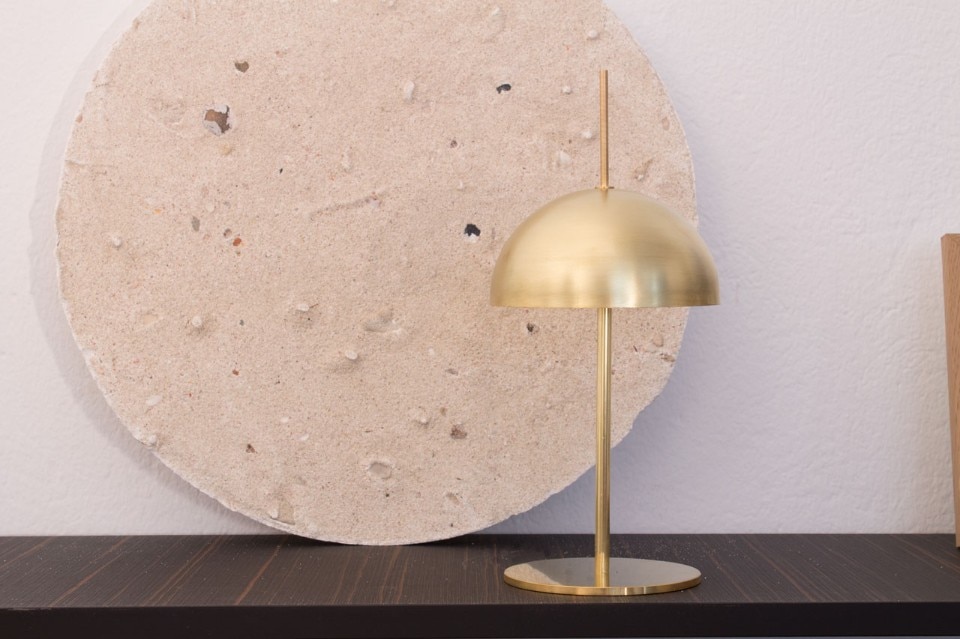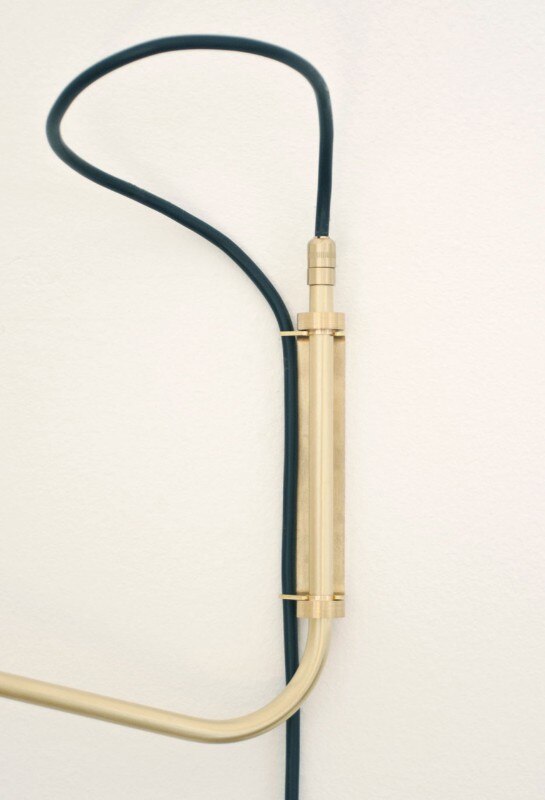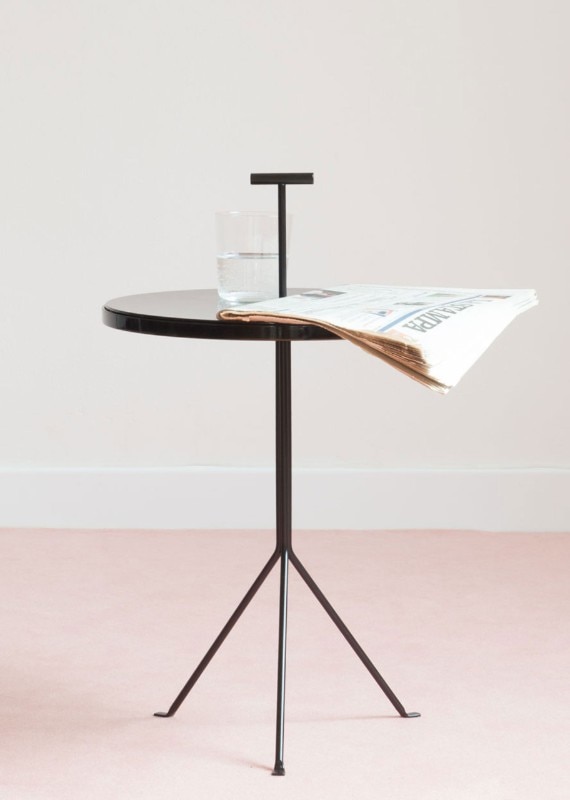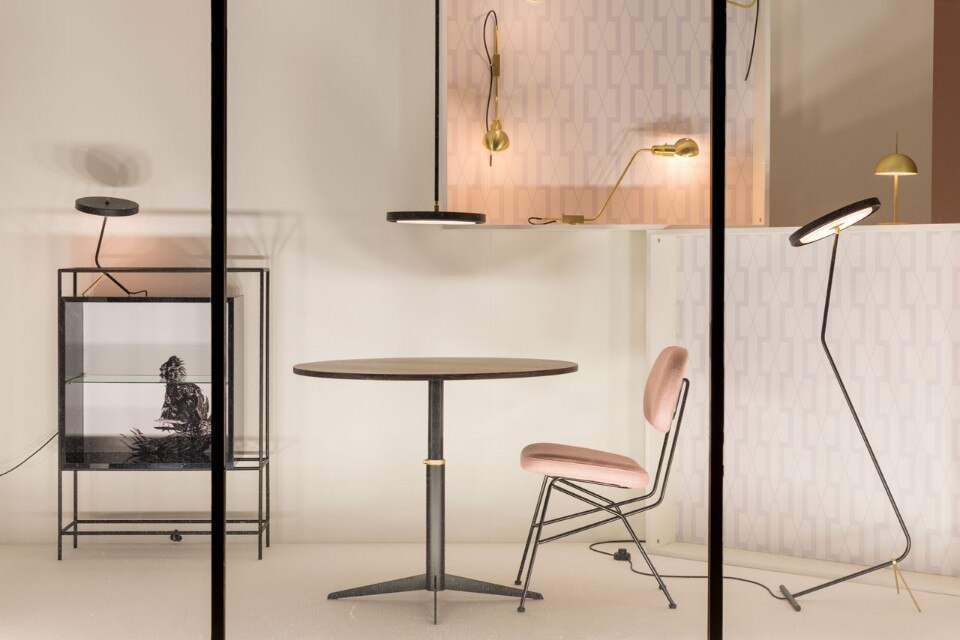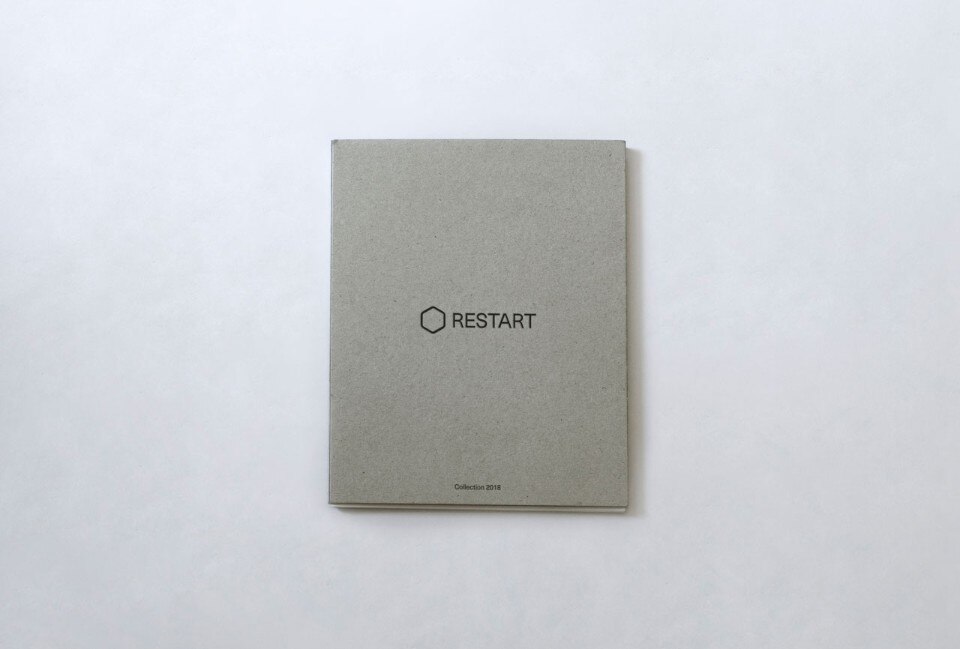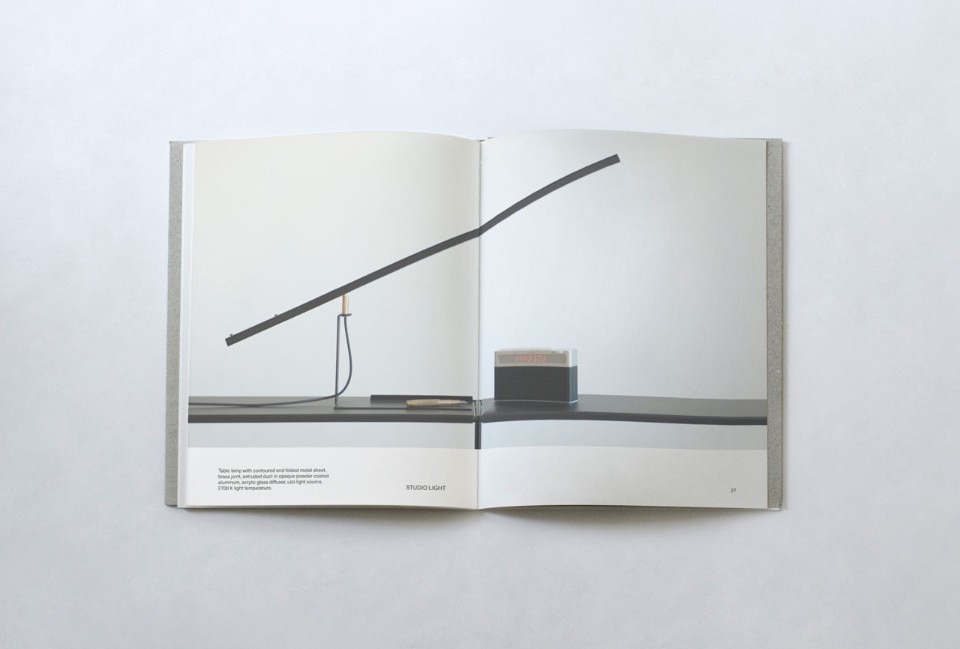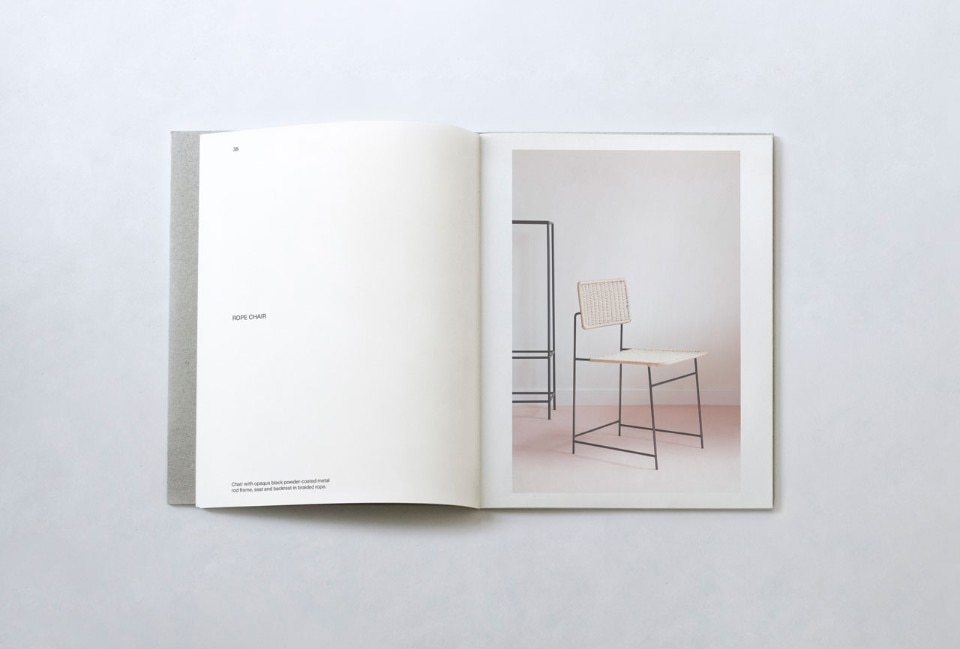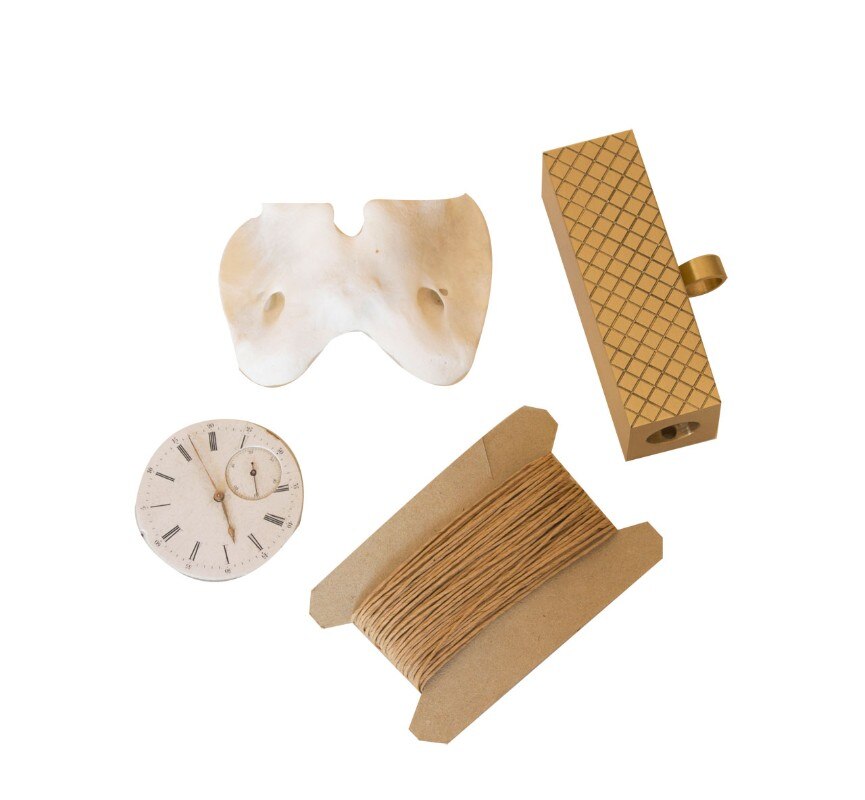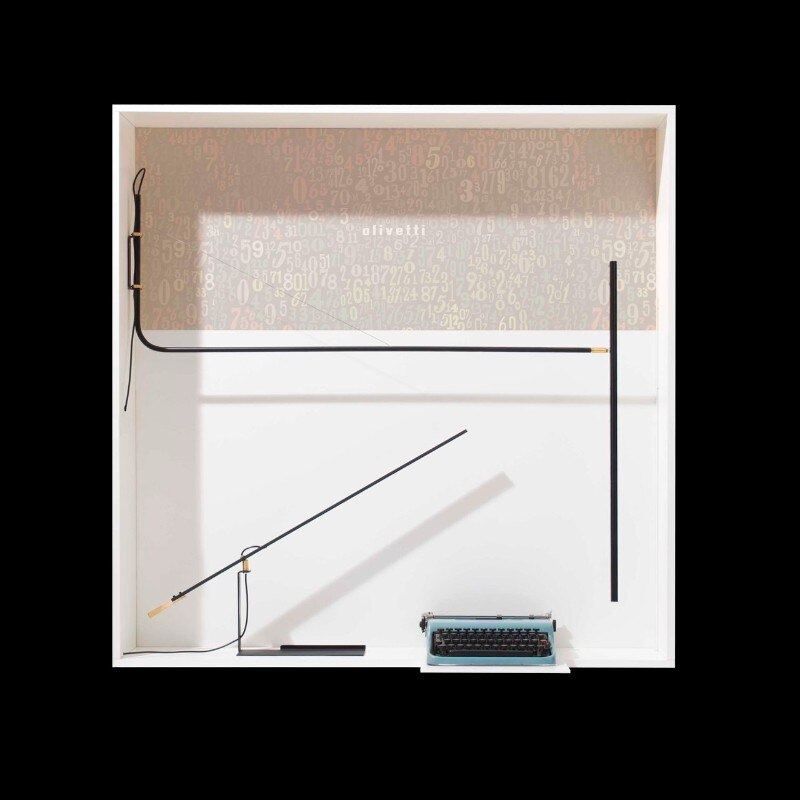This article was originally published in Domus 1029, November 2018.
Maurizio Navone Restart originates from a challenge that Carlo Antonelli (editor of Italian Rolling Stone) threw down to me in the early 2000s. He proposed to find an alternative to the company Christmas gifts that flood front desks during the holidays. This gave rise to the first Restart project: four black cardboard boxes containing micro-stories about the merchandise and its evocative quality. It was then a short jump to Restart’s first collection of limited-edition furniture. Another exercise on pre-existing items involved desks from Ettore Sottsass’s Serie 45, which were dismantled and put back together like basic phonemes in a new alphabet that can reboot the product with a new function. Restart is now a developer able to conceive, design, produce and distribute illumination devices and furniture accessories, competing with top international proposals. But chance also played a role for you, too, Giuliano.
Giuliano Mosconi My arrival at PoltronaFrau was tied to the management buyout at a time when the furniture market was undergoing rapid change. This gave rise to the group’s financial difficulties, and I was called in to help restructure the business. I concentrated on PoltronaFrau, and the rest is common knowledge: the company’s reorganisation, its acquisition of Thonet, Cappellini and Gufram, the creation of Charme Capital Partners and the later acquisitions of Cassina, Alias and Nemo.
MN Albeit on different scales, the introduction of digital protocols into the production chain represented one of the junctures for these experiences. Digital technology allows us to design in Milan and send the files to a five-axis lathe in Forlì, and then receive the finished piece within 24 hours. We can subsequently organise a videoconference to evaluate the product. These operative models radically change the company’s time and space of production.
GM At Tecno’s company entrance I’ve had a sentence displayed that sums up its mission: “We redesign the future within the future of work.” In keeping with this paradigm, our first project invested in digital technology. In the increasingly nomadic world of work, it’s vital to make products that can recognise their users and be reconfigured to their needs. It’s equally important to create communication protocols for such products that are capable of interacting with their environment. In this perspective, the company will progressively shift towards the realm of pure engineering. We require working methods that rapidly transmit know-how to multiple centres of production.
MN For Restart the challenge is simple. We want to be a factory without owning the means of production. We want to build a brand in which the design, prototyping, production and distribution proceed with 20th-century know-how combined with digital technology. At Restart, conceiving a project, digitally connecting with the manufacturer, drafting the product description, developing a distribution strategy and evaluating geo-pricing all constitute a fluid development process based on constant triangulations in which space-time is expressed digitally. In economics these are “lean” productive models, whereas for Restart it’s simply about developing products whose prices match the buying power of European markets.
GM Contemporary entrepreneurial progress that meets the needs and passions of new generations of consumers can be summed up in a single phrase: “Let’s throw away the maps and buy some compasses.” In elaborating the new merchandising needs of advanced markets, once again the product returns to the centre of our discussion. Speaking of Zanotta, the reintroduction of Castiglioni’s Albero (or “tree”) into the catalogue has been successful because this product is bought by a clientele that is passionate about cooking and uses the Albero as a stand for kitchen herbs.
MN Similarly, the Restart table lamp has been acquired not as a bedside light but as a way of illuminating the store windows of a well-known perfume company. Our discussion of new products looks towards paradigms that are more passion-driven than functional. Once again, we are searching for dialogue with a noble pre-existing design, a system that responds to ever increasing needs of reification, a departure along the lateral needs of contemporary life. All this seems a pure exercise in design, but Restart is also striving to identify its economic model on which to lay the bases for creating value for society. Beyond economic considerations, there are factors that constitute a reference framework for the best practice: speed in intercepting local partners whose productive capacity can engage with the product’s quality and thereby sustain its value; balance in managing the marginal features of production and distribution, with the aim of making the system sustainable; competency in generating surplus value for each product via a system of inter-related references, which can be material-based or narrative, and are able to prompt the final user’s conscious need to buy; and scalability for the company’s hypothesised growth model within fixed time frames. Lastly, going back to the start of our conversation, here we could also mention the ability to deal with the unexpected, which constitutes an important factor for production firms in the advanced tertiary sector.
Maurizio Navone (Turin, 1960) is CEO of Navone Associati and
Restart, as well as a consultant in exhibition and corporate identity
for Alfa Romeo, Fiat Professional, Fiat Heritage, Lineapelle and RSY
Superyachts.
Giuliano Mosconi (Ancona, 1947) was responsible
for listing PoltronaFrau Group in Italy’s stock exchange, 2006. In 2010
he began a new entrepreneurial initiative with Tecno Spa, of which he is
president and CEO. With Tecno, in 2017 he led the acquisition of a
majority share in Zanotta, of which he is president and CEO.


